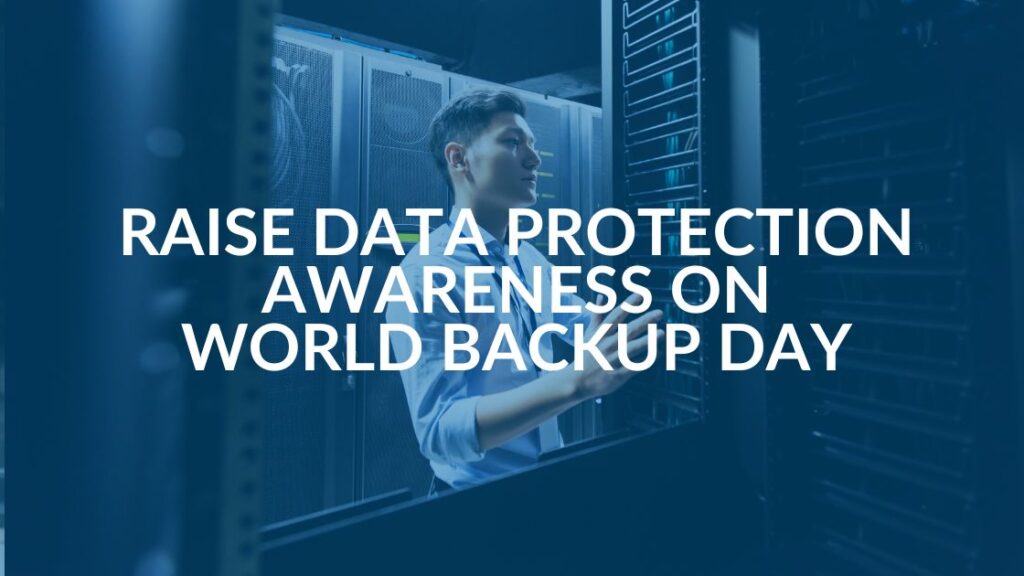Cybersecurity Strategies for Municipalities: 8 Expert Tips
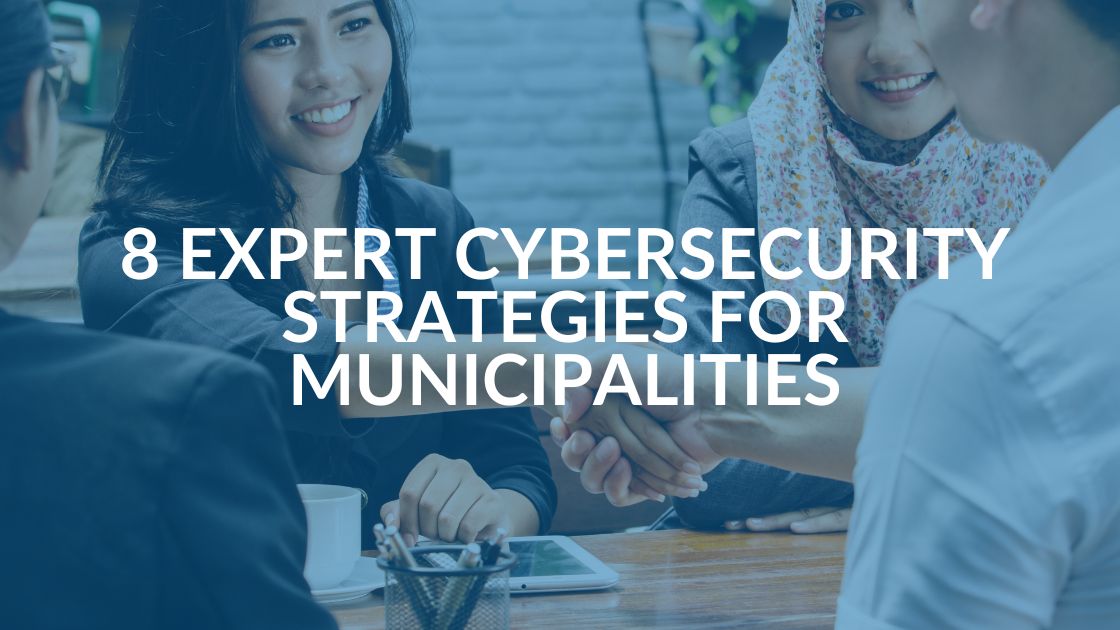
Municipalities tasked with safeguarding sensitive data and critical infrastructure are increasingly the targets of cyberattacks. Municipalities often handle a vast array of information, from citizen records to utility systems, making them prime targets for cyber threats.
Since successful ransomware campaigns often require payment of significant ransoms to cyber criminals and other adversarial governments, cyberattacks will be an ongoing issue for years to come as we increasingly rely on technology for our day-to-day activities.
But what cybersecurity strategies for municipalities can you employ to stay ahead of cybercrime?
As a trusted managed service provider specializing in cybersecurity for local governments, we understand the unique challenges municipalities face. That’s why we’ve compiled eight expert tips to help municipalities bolster their cybersecurity defenses and protect their communities effectively.
1. Prioritize Employee Training and Awareness
The first line of defense against cyber threats is a well-informed and vigilant workforce. Invest in regular, comprehensive cybersecurity training programs for all municipal staff, emphasizing the importance of identifying phishing attempts, recognizing malware and adhering to security protocols.
Reach out to a trusted IT support services company to schedule cybersecurity awareness training. When you take the first step toward building a culture of cybersecurity awareness, employees become active participants in safeguarding municipal systems and data, instead of your training becoming just an item to check off on the compliance checklist.
2. Implement Multi-Layered Security Measures
Adopt a multi-layered approach to cybersecurity, incorporating firewalls, antivirus software aka end-point protection software, intrusion detection systems and encryption protocols. You should also consider the advantages of partnering with a security operations center (SOC). A SOC offers more cybersecurity strategies for municipalities than you’d initially think.
SOCs can deploy multiple defensive layers for your municipality, mitigating the risk of successful breaches. Here are just some of the benefits:
- Continuous AI-based monitoring, even when you’re not in the office
- Rapid response times
- Tailored expertise
- Cost savings
- Compliance
3. Regularly Update Software and Patch Management
Outdated software and unpatched vulnerabilities are prime targets for cyber attackers. Establish a proactive approach to software updates and patch management, ensuring that all systems and applications are promptly patched with the latest security updates.
Here’s one of the most underrated cybersecurity strategies for municipalities: Automated patch management tools can streamline the update process, minimizing the window of opportunity for potential exploits.
4. Enforce Strong Password Policies
Weak or default passwords are a glaring security vulnerability that cybercriminals often exploit. Implement strong password policies mandating the use of complex, unique passwords and enforcing regular password changes.
Want more information on what weak passwords look like, and how to create strong passwords? Check out our free password management guide.
Incorporate multi-factor authentication (MFA) for an added layer of security, requiring additional verification beyond passwords for accessing sensitive systems and data.
5. Conduct Regular Security Vulnerability Assessments and Penetration Testing
Stay one step ahead of cyber threats by conducting regular security vulnerability assessments and penetration testing exercises. Identify potential vulnerabilities within municipal networks, applications and infrastructure, and proactively address them before they can be exploited by malicious actors.
A vulnerability assessment is just the tip of the iceberg. If you really want to test your defenses, penetration testing simulates real-world cyberattacks, allowing municipalities to evaluate the effectiveness of security measures and refine defenses accordingly.
6. Establish Incident Response and Contingency Plans
Despite your best efforts, cybersecurity incidents may still occur. Prepare for such eventualities by establishing robust incident response and contingency plans tailored to the unique needs of your municipality.
Define clear roles and responsibilities, establish communication protocols and outline procedures for mitigating and recovering from security breaches.
Again, this isn’t a “set it and forget it” thing. You must regularly test and update these plans to ensure their effectiveness during an actual cyber incident.
7. Secure Mobile and Remote Access
With the increasing prevalence of remote work and mobile devices, you must secure access to municipal networks from external locations. Leverage virtual private networks (VPNs) and mobile device management (MDM) platforms, to authenticate and encrypt connections effectively.
Enforce strict access controls and monitor remote activities to prevent unauthorized access and data breaches. Take a Zero Trust approach, which is a security model based on the principle of maintaining strict access controls and not trusting anyone or any process by default, including those already inside the network perimeter.
8. Stay Informed and Engage With the Cybersecurity Community
Cyber threats are constantly changing, requiring municipalities to stay informed about the latest trends and best practices in cybersecurity. Engage with the cybersecurity community, participate in information-sharing initiatives and collaborate with peer organizations to exchange insights and strategies for combating cyber threats.
We recently hosted a “Securing Our Cities: Cybersecurity Protection for Local Governments” event to address cybersecurity concerns and make your municipality a much more difficult target.
Implementing Cybersecurity Strategies for Municipalities
Safeguarding municipal systems and data from cyber threats requires a comprehensive and proactive approach to cybersecurity. At Intrust IT, we’re committed to helping municipalities strengthen their cybersecurity and safeguard their communities from cyber threats.
Contact us or schedule a quick meeting today to learn more about our tailored cybersecurity strategies for municipalities.
Share this Blog
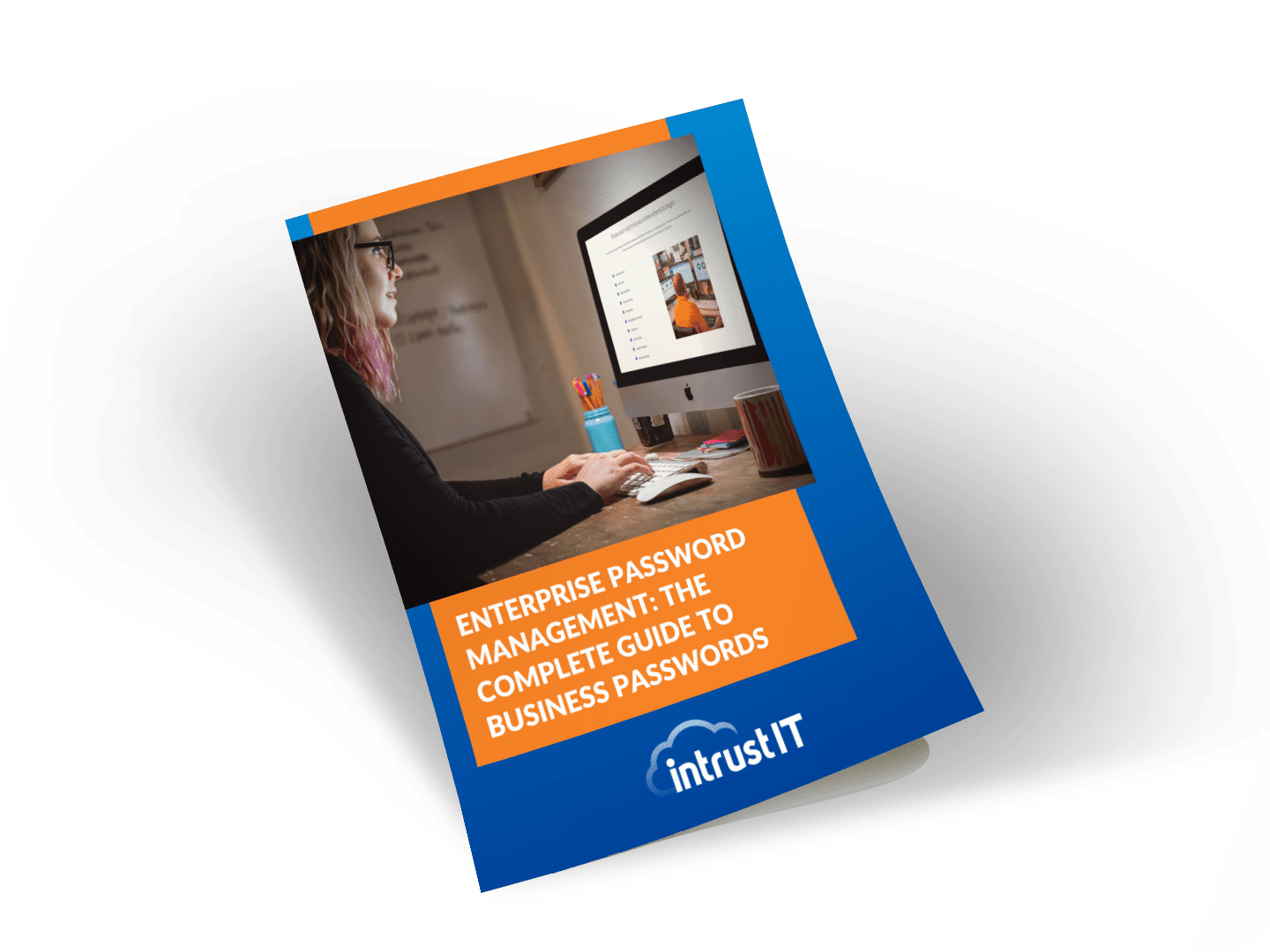
Is Your Name or Birthday a Part of Your Password?
If so, you’re a part of the 59 percent of people who don’t follow proper password hygiene. More than 70 percent of passwords are used for more than one system, meaning if cybercriminals crack one, they can access a lot more accounts.
Our free Enterprise Password Management Guide will give you the best password hygiene practices to help you secure your computer and your business.
Download the Guide
Explore the Latest Trends in IT

Edge vs Chrome Security: Which Is the Best Browser for Your Business?
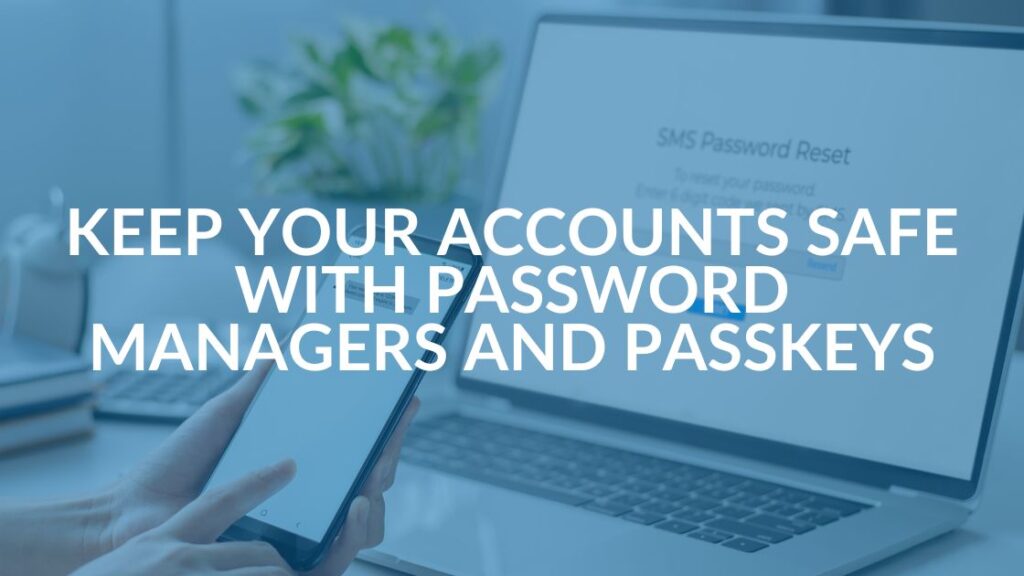
Unlocking Security: The Power of Password Managers and Passkeys for Business Professionals
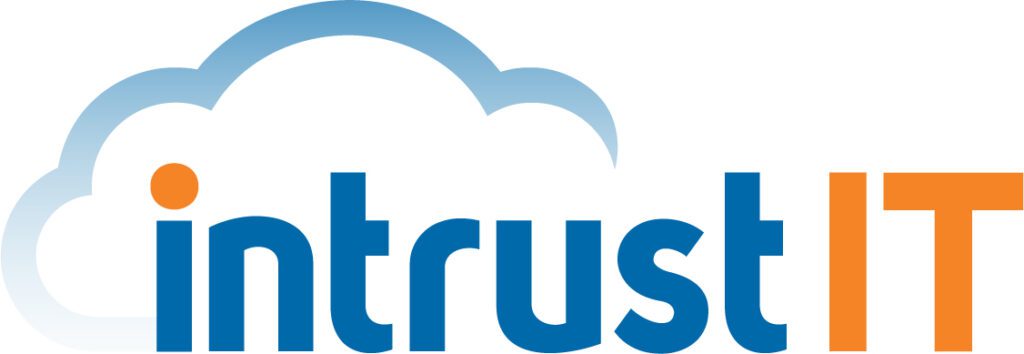
Intrust IT Acquires Commercial IT Support Division of Entegrity Consulting Group
